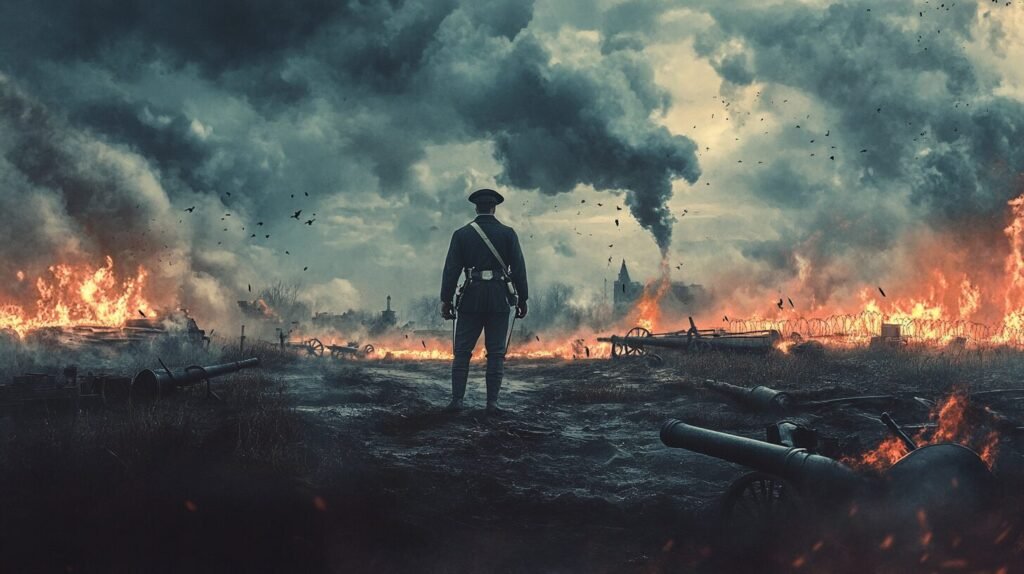7. I Killed the Bank

Discover the epic showdown between President Andrew Jackson and banker Nicholas Biddle in this gripping exploration of the Bank War, one of the most pivotal, dramatic, and often misunderstood battles in American history.
At its heart was a bitter conflict between two powerful men with opposing visions for the nation. Andrew Jackson, the fiery populist president, viewed the Second Bank of the United States as a symbol of entrenched privilege—a dangerous instrument of elite corruption that threatened the liberty of the common man. To Jackson, destroying the Bank wasn’t just policy—it was personal, a moral crusade to defend democracy from the grip of financial oligarchy.
Nicholas Biddle, the brilliant, aristocratic president of the Bank, saw things differently. He believed the institution was not only legal but essential—a stabilizing force in a young republic prone to financial chaos. In Biddle’s eyes, the Bank was the last line of defense against reckless populism, a guardian of American credit, currency, and credibility on the world stage.
What followed was a ferocious war of wills, a collision of ego, ideology, and ambition. Jackson wielded the presidency like a weapon, vetoing the Bank’s recharter and pulling federal deposits in an unprecedented power play. Biddle retaliated by tightening credit, triggering financial turmoil in an attempt to force Jackson’s hand.
But Jackson would not be broken. The Bank was defeated, but at what cost?
This was more than a political feud. It was a battle over the soul of the nation’s future, who would control its money, and who would speak for its people.
And for Nicholas Biddle, the cost was ultimate. Stripped of power, hounded by scandal, he died disgraced and in isolation at his estate, Andalusia, a man once at the pinnacle of American finance, undone by the very forces he sought to contain.
Who truly won? And what legacy did this titanic clash leave behind—for our economy, our democracy, and the American dream itself?
